Headaches can become debilitating. With the pain, it can disrupt your life and your activities. If they occur all the time, it can be maddening. Did you know that your persistent headaches could speak volumes about your oral health? While headaches can mean many things, they might actually provide insights into underlying dental issues. If you have constant headaches, you should talk to your dentist. They will be able to find a link between your tooth issues and your headaches.

The Dental-Headache Link
You may not realize it, but the health of your teeth can play a huge role in getting headaches. Dental problems can contribute to certain types of headaches. This is especially true for those that originate from the jaw and mouth.
For example, clenching and grinding your teeth can be a common cause of headaches. With this extra stress, it can cause tension headaches. More tension along the jaw creates muscle strain. As a result, you may have chronic headaches.
Tension-Type Headaches
Tension is often the unseen culprit of headaches. Tension-type headaches often result from prolonged jaw clenching. You may not even notice this strain during the day. Many people clench or grind their teeth at night while they are sleeping.
Stress and anxiety can exacerbate teeth grinding. As a result, this can intensify your tension headaches.
TMJ-Related Headaches
A common dental issue that causes headaches is temporomandibular joint disorder (TMJ). This joint connects your jaw to your skull. If you have dysfunction in this joint, it can cause pain when eating or speaking. Additionally, TMJ issues can lead to headaches due to jaw misalignment.
With these headaches, you will also notice jaw pain, clicking sounds, and limited jaw movement.
Migraines and Dental Factors
Migraines are a type of severe headache that can feel debilitating. Certain dental issues can trigger migraine headaches. For example, a bad or misaligned bite can lead to migraines. However, treating your dental issues can help alleviate the frequency of your migraines.
Sinus Headaches vs. Dental Pain
There are other types of headaches that you may encounter. For example, sinus headaches can mimic dental pain. This is because the sinus cavity is close to the upper teeth. As a result, it can feel similar to the pain caused by your teeth.
If you are unsure, you should talk to your doctor or dentist to determine the source of your headaches.
Dental Evaluation
If you experience chronic headaches, talk to your dentist to see if your teeth could be causing your pain.
To begin, your dentist will conduct a complete evaluation of your dental health. They will be able to identify issues, such as bruxism, TMJ disorders, or bite issues.
Customized Treatment
For bruxism, your dentist may recommend wearing a nightguard to protect your teeth and alleviate jaw tension. If you have a bad bite, you may benefit from clear aligners or braces.
Lifestyle Modifications
There are other ways you can help reduce your headaches. With certain lifestyle changes, you can improve your health. If stress influences your headaches, you can try yoga or meditation to help alleviate your headaches.
